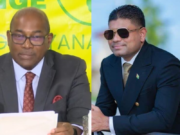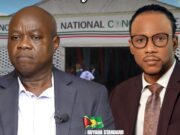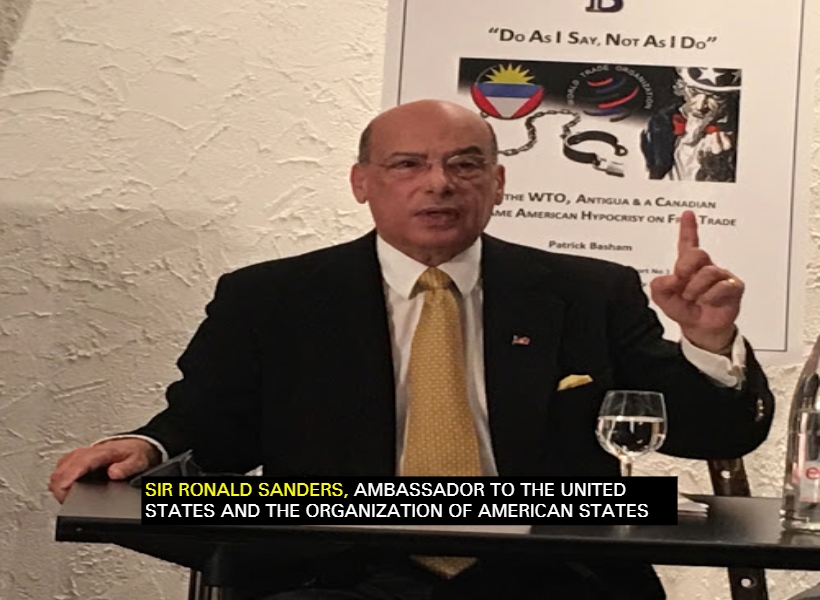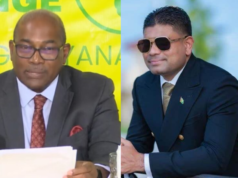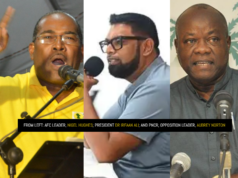Though they have been in office for just about a week; the PPP Government is already juggling a number of issues, especially as it relates to streamlining the priorities of the oil industry as well as addressing the harsh economic impact of the COVID-19 pandemic.
Although these crucial issues are being addressed, Ambassador of Antigua and Barbuda to the United States and the Organisation of American States, Sir Ronald Sanders, is of the firm conviction that the government must make every effort to address the racial tensions that have haunted Guyana for years.
In his most recent writings, the Ambassador posited that this will be the biggest challenge of all for the government. Expounding further, Sir Ronald noted that Guyana’s population of approximately 750,000 people consists of East Indian descendants (39.8%), African descendants (29.3%), mixed-race (19.9%), Indigenous Amerindians (10.5%) and other races (0.5%). He said that the majority of the population of African descent who supported the previous government, formed by A Partnership for National Unity (APNU) and the Alliance For Change (AFC), will view President Irfaan Ali’s government, the Peoples Progressive Party/Civic (PPP/C), as a party of people of East Indian descent.
“(But) unless these racial suspicions, which have abounded since 1957, are allayed by positive action, Guyana will exist in a state of persistent unease,” the Ambassador expressed while adding that governance will always be unstable until ethnic inclusion in decision-making and economic benefits are institutionalized.
The Ambassador was keen to note as well that past governments, dominated by one or other of the two major racial groups, have failed to deal effectively with this issue. That said, he stressed that the new Government of Irfaan Ali has the real opportunity to tackle it seriously. To do so, however, will call for constitutional change and institution building, and it must start with the policies of the new government the envoy stated.
Integral to these policies, Sir Ronald said should be ethnic balance in the composition of government ministries, statutory bodies, and the security forces, especially their decision-making positions. He categorically stated that authority should not be regarded as residing in the hands of any one ethnic group at the expense of others. He said, too, that ways should be sought to institutionalize ethnic balance, including by enshrining it in the country’s Constitution.
